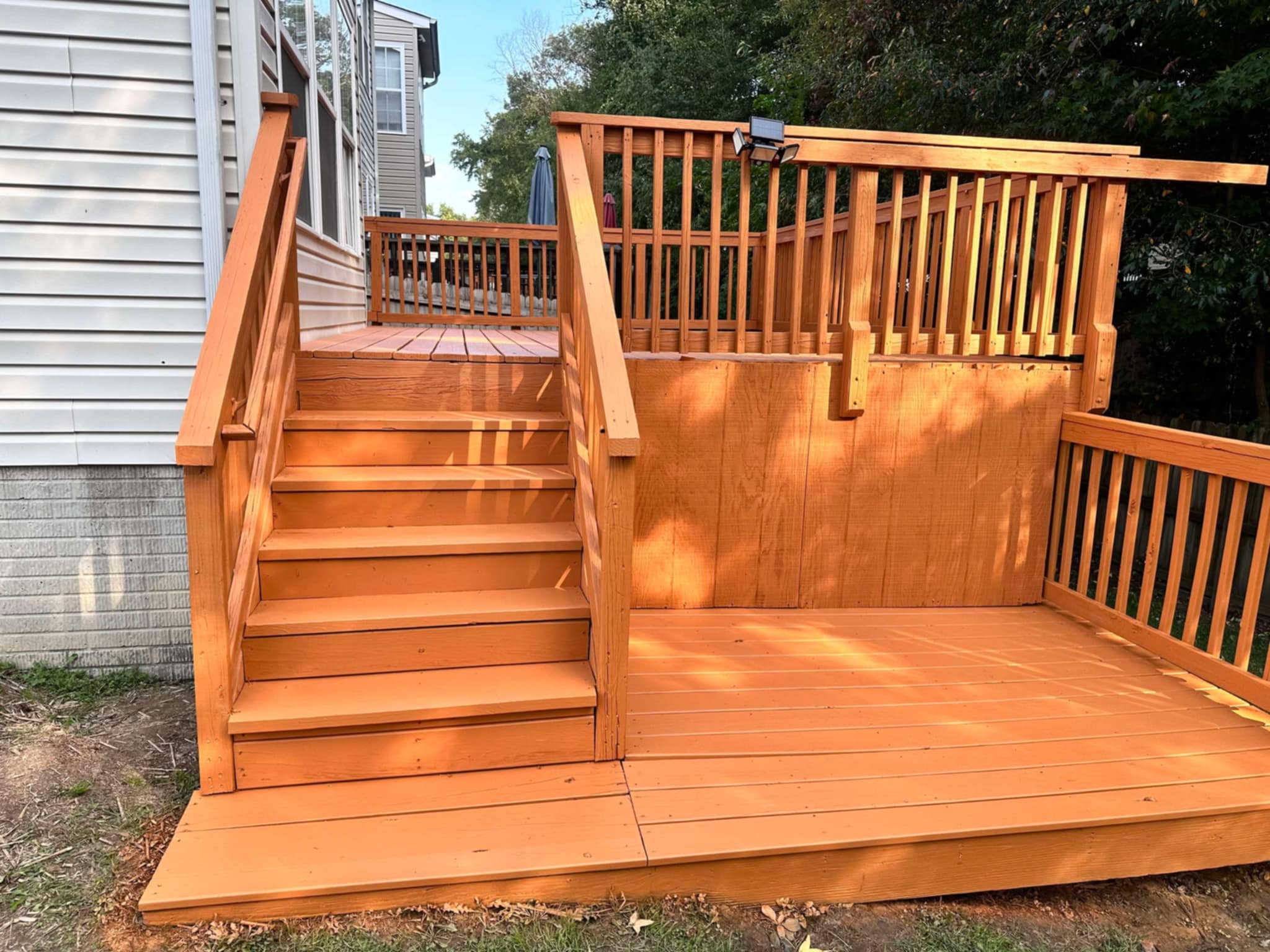
Pine Bark Mulch
Pine bark mulch is a well-liked organic mulch, sourced from the bark of pine trees, often used in landscaping and gardening. Its benefits include improving soil health, retaining moisture, and offering a visually pleasing ground cover. This mulch comes in different sizes, from fine to large chunks, allowing versatility in landscape designs. Its deep brown color naturally complements plants and flowers, creating a harmonious look. In addition to aesthetics, pine bark mulch provides practical advantages for plant health, such as regulating soil pH and controlling weeds.
Pine Trees
This type of mulch is gathered from the outer bark of pine trees (Pinus), which are mainly found in temperate and subtropical regions. Species like longleaf, loblolly, and slash pine contribute to its production. As these trees age, their bark naturally thickens and sheds, making the mulch a renewable resource. Once collected, the bark is processed into various sizes, with larger pieces being especially useful for specific landscape needs. The mulch’s characteristics reflect the acidic soil conditions that pine trees naturally thrive in.
Read more about Pine Needle Mulch.
Pros of Using Pine Bark Mulch
- Natural Appearance: Offers a rustic look that enhances garden aesthetics.
- Improved Soil Structure: Decomposing bark adds organic matter, improving soil structure.
- Durability: Larger chunks decompose slowly, providing long-term coverage.
- Erosion Control: Helps prevent soil erosion by reducing water runoff.
Low Maintenance: Requires minimal upkeep, ideal for busy gardeners

Cons of Pine Bark Mulch
Despite its benefits, there are some drawbacks:
Disrupts Your Yard’s Ecosystem
The mulch can affect your yard’s ecosystem by changing soil pH and moisture. This more acidic environment might not suit all plants, and excess mulch could trap too much moisture, impacting soil microorganisms and plant growth.
Heightens Allergy Risks
Fresh pine bark mulch could aggravate allergies by releasing mold spores and allergens, affecting those with respiratory sensitivities.
Harmful to Seedlings
Coarse mulch may hinder seedlings by blocking their emergence and retaining excessive moisture, which can lead to root issues in young plants.

Pine Bark Mulch Near Me
If you’re seeking pine bark mulch, it’s available at many garden centers, landscaping suppliers, and home improvement stores, both bagged and in bulk. Consider factors like size, quantity, and delivery when purchasing. Local suppliers often offer delivery services to drop the mulch at a suitable spot on your property.
Some of the common places you could find pine bark mulch include:
- Local garden centers and nurseries
- Home improvement stores like Home Depot or Lowe’s
- Landscaping suppliers
- Farmers’ markets
Before purchasing, do some research on the type of pine bark mulch that suits your needs best. Each brand may offer different sizing options or have a unique blend with added nutrients.

FAQs
Pine bark mulch generally needs to be refreshed every 1-2 years, depending on the size of the bark and the rate of decomposition.
No, pine bark mulch is best suited for plants that thrive in acidic soil. It's less ideal for plants that prefer neutral or alkaline conditions.
While pine bark mulch is less likely to attract pests than other organic mulches, it can still provide a habitat for insects like termites if placed too close to your home.
For optimal results, apply pine bark mulch at a depth of 3 to 4 inches. Any deeper can lead to poor aeration and moisture problems
Pine bark mulch is generally safe for pets, but it’s important to monitor your pets to ensure they aren’t ingesting large amounts, as it can cause digestive issues.

















